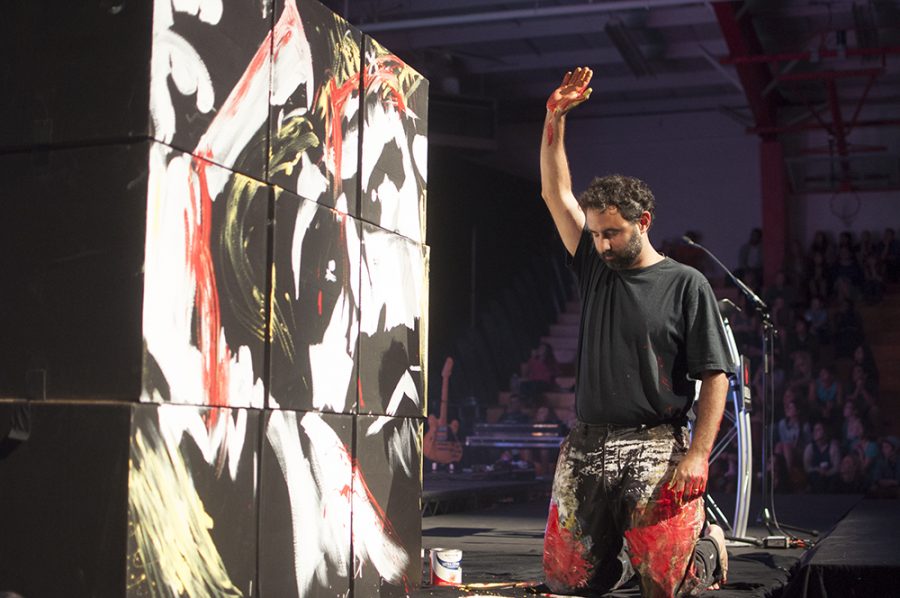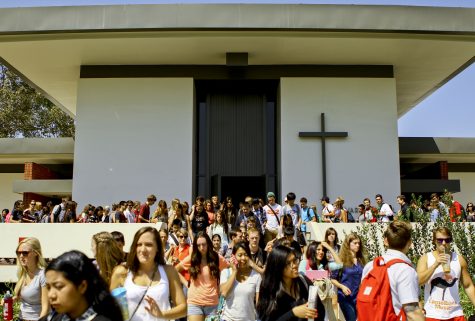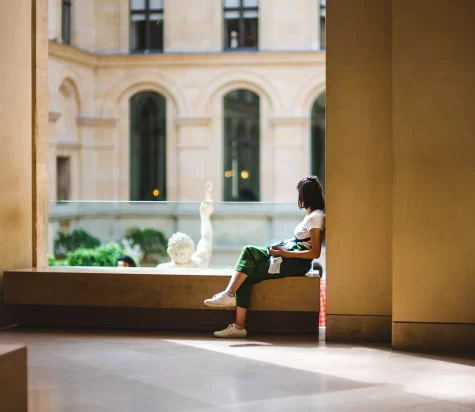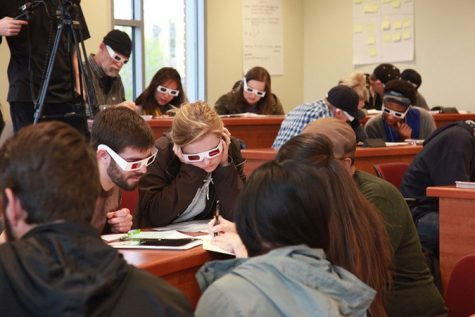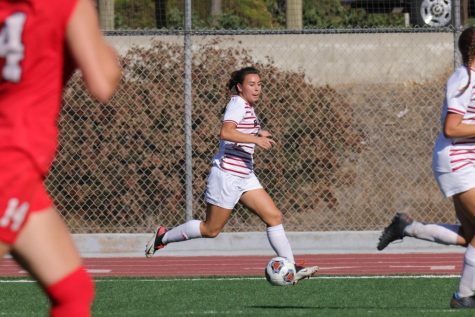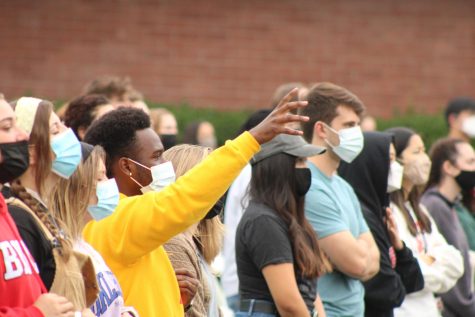Worship without words
Student Kathryn Homoki and alumna Lydia Rankin share how non-verbal worship provides another layer to the worship experience.
March 9, 2016
Often, when one thinks about worship one’s mind immediately goes to singing worship songs, such as “How Great is Our God” and “Blessed Be Your Name.” However, worship also involves instruments, dancing and tools that extend beyond words.
glorifying to him
In the case of Kathryn Homoki, undeclared freshman, playing the piano since the second grade has allowed her to offer her talents to God in worship.
“The main thing about worship is that you’re offering yourself to God and you’re offering your praises and whatever you have to him, and trying to do that in a way that is glorifying to him,” Homoki said.
Homoki shares her talent by playing piano for her home church. In communal worship piano adds to the beauty of the music and also provides an accessible way for the audience to join in, Homoki said.
“I think when you’re doing piano without words that can still be worship, of course, cause you’re offering your talents to God and you’re offering skill and God appreciates skill,” Homoki said.
a wider form of worship
Non-verbal forms of worship offer further ways to share the skills God has gifted everyone with. At Biola, Homoki hopes to share her love for piano and hymns by eventually joining a chapel band.
“There’s several things about hymns that I think make them kind of special; first of all that because they are generally older you are worshipping not just with the people of this age, but you’re worshipping with the people of the past,” Homoki said. “The other thing that I think is cool about them is that they have usually a lot more theology in them than modern worship songs.”
While worship often focuses on music, God also calls Christians to a wider form of worship, which requires more than just playing an instrument or singing. Homoki attributes this idea to Romans one.
“Worship is a lot broader than just anything relating to music,” Homoki said. “So what we’re doing in music is just more of a tangible symbol of what we should be doing with our whole life is offering ourselves which is our emotions, our bodies, everything that we do to God, and that includes our music.”
more meaning
For Lydia Rankin, Biola alumna, part of giving her whole self to God is through dancing. Even after graduating last semester Rankin continues to attend and dance at Singspiration.
“For me I just never felt like words could get exactly at what God is making me feel,” Rankin said. “So I feel like being able to express through dance… it gets so much closer at the emotional and spiritual aspect of my relationship with God and how I view him and myself in relationship to him.”
At first glance Rankin may appear to be just dancing, but normally her movements have more meaning than the choice of a certain spin or dropping to the ground.
“When I see the words on the screen I will have [sign language] signs in my mind for what the signs of the words are and I will incorporate that into my movement and my dance,” Rankin said. “But then when the movements happen and how they happen I am really, really listening to the drums a lot of times.”
a part of all that we do
Long before she came to Biola, Rankin danced to music ranging from Radio Disney to worship songs. Dancing and moving came out of attending a black church as a kid and understanding that if you do not sweat or move, you do not really worship, Rankin said.
“In a lot of black churches there’s the band but then there’s also the choir and the dance team,” Rankin said. “Also in black churches the band doesn’t stop playing once the sermon starts… because it’s [understood] that the worship experience doesn’t just end when you’re singing the songs at the beginning it goes throughout.… It really shows how much worship is just a part of all that we do.”
By learning a broader understanding of worship Rankin has developed a method that works well for her and allows her to refocus on God.
“I desperately need to keep dancing…it’s right, that’s what we’re made to do, we’re made to worship,” Rankin said. “[Dancing has] taught me that everything we do is [an] act of worship and so … every move I make is a reminder to me that God’s with me and God’s here and I am moving for God and doing things for God.”


